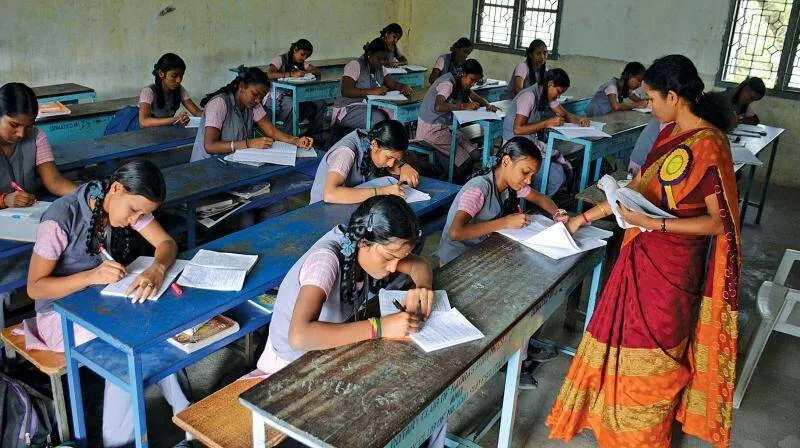

In legal matters, not all complainants need to approach the court. However, sometimes a court ruling benefits even those who did not file a case. For example, the verdict granting a higher pension based on salary helped many employees who had not gone to court. But in some cases, the court clearly states that a judgment applies only to the petitioners, and others cannot claim the same benefit. In such cases, the positive effects of the verdict do not extend to everyone. In the Supreme Court judgment approving appointments made by schools under the N.S.S. management (except for posts reserved for persons with disabilities), the court did not say that the verdict applies only to N.S.S. schools. Therefore, the demand that the verdict should apply to all aided schools cannot be considered unreasonable.
However, the government’s earlier decision to reject this demand led to strong protests and opposition. The government’s move to reconsider and withdraw that stand is a welcome step. A high-level meeting called by the Chief Minister has decided to approach the Supreme Court to make the N.S.S.-favourable verdict applicable to all aided school managements. The government had withheld approval for appointments made since 2018 in aided management schools, citing that disability-reservation rules were not fully implemented. Ours is a land full of young people who see a job as the realisation of their dreams. However, many teachers who had already joined the profession were forced to continue as temporary employees. It was the government’s rigid stance on the issue of disability reservation that caused this situation. The government’s decision to correct this stance will help fulfil the long-standing dream of many teachers to secure permanent employment.
Only the N.S.S. had gone to court. The Education Minister clarified that the government’s new decision was based on the understanding that other managements’ demand to extend the same benefit was justified. Once the government informs the court of this, the court is unlikely to reject it. This is a fair approach. It should not be misunderstood as a move made under pressure from Christian managements. The managements had pointed out that even though candidates with disabilities registered at the Employment Exchange were appointed in schools as per the government’s instructions, approval for earlier appointments was still being denied. Democratic governments should always respond with sympathy and fairness to any demand made in the interest of equal justice.
Some schools could not fill disability-reserved posts because suitable candidates were not available. If the government had earlier allowed other appointments while keeping those posts vacant, this controversy might not have arisen. Denying rightful claims in the name of technicalities has become a habit of bureaucracy, but it does not suit a government. We can only hope that the government will now move quickly to regularise the appointments of those who have been working for years without permanent status, without letting them suffer further due to legal complications.